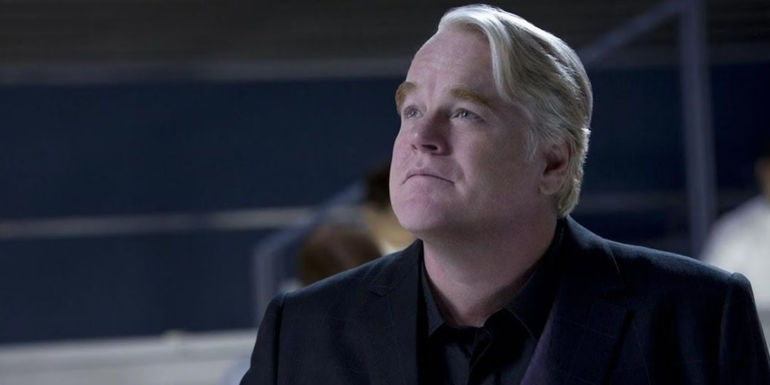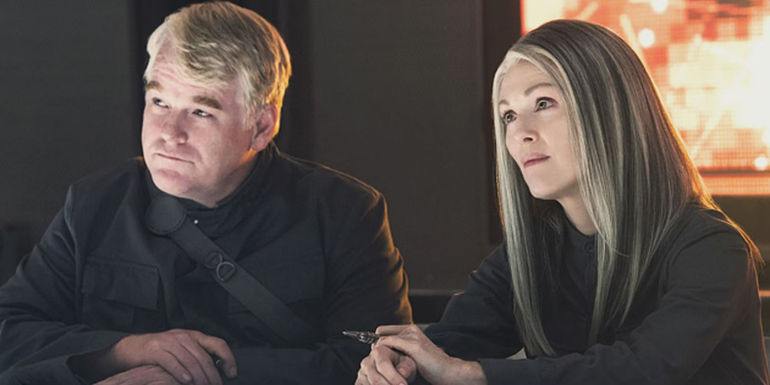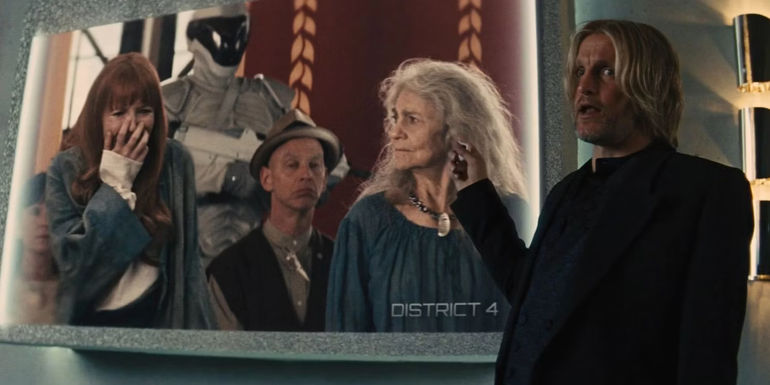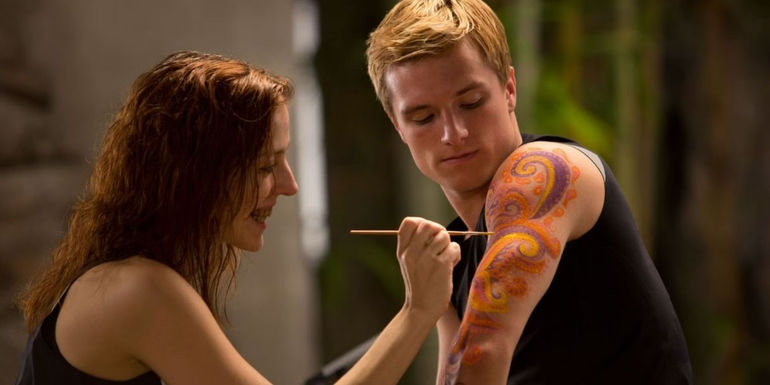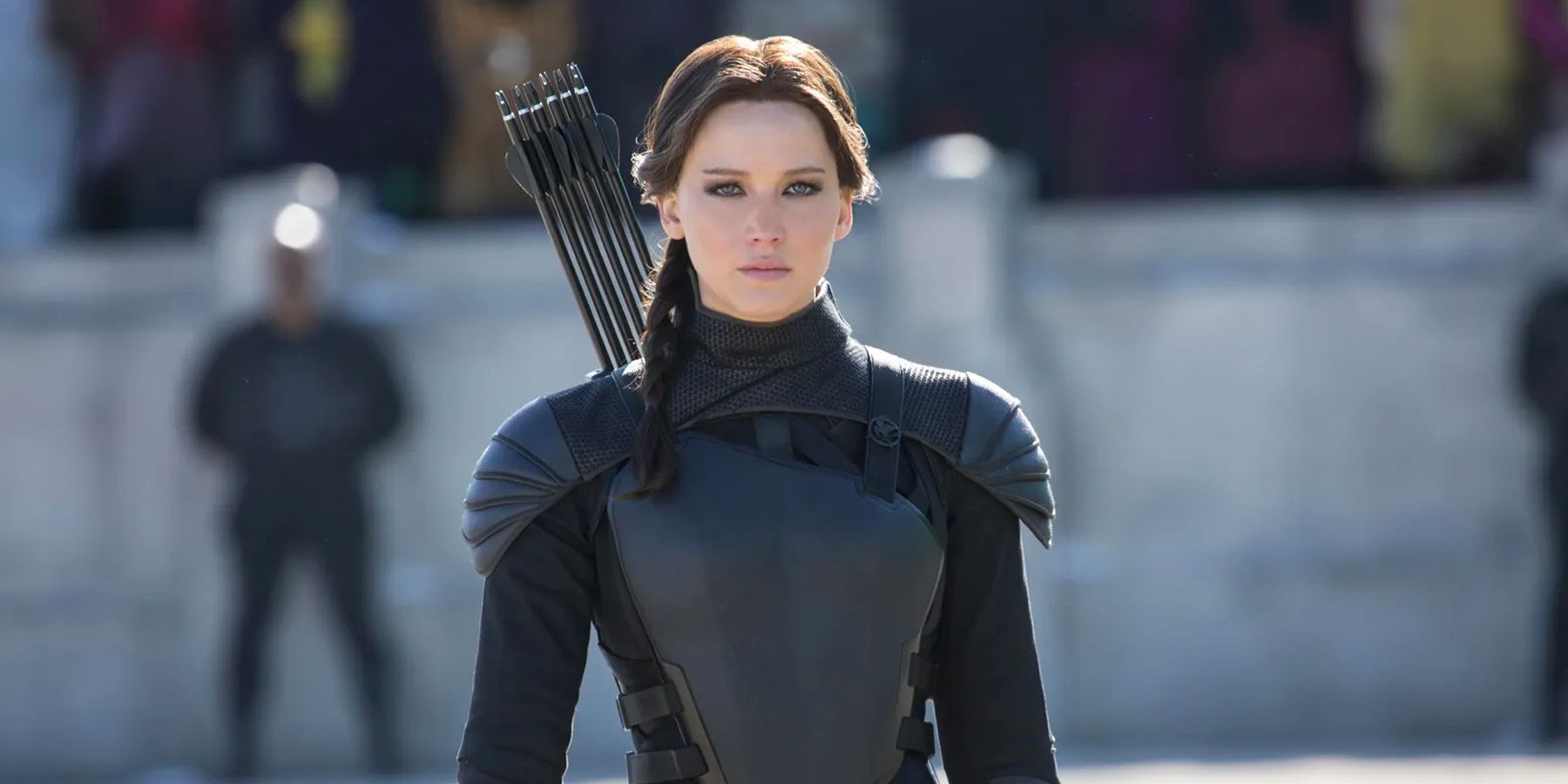
The Complex Morality of Plutarch Heavensbee in The Hunger Games

Exploring the moral complexities of Plutarch Heavensbee's character in The Hunger Games, and the blurred lines between good and bad.
The Dual Loyalties of Plutarch Heavensbee
Plutarch Heavensbee, portrayed by Philip Seymour Hoffman, is a character whose morality is deeply enigmatic in The Hunger Games series. His allegiances shift between good and evil, presenting a complexity that challenges the conventional dichotomy of morality. Initially introduced as the new Head Gamemaker in Catching Fire, he appeared to align with President Snow's regime. However, it was later revealed that he was a rebel supporting District 13's President Coin, adding layers of complexity to his character.
Plutarch Heavensbee visits President Snow's Office in Hunger Games: Catching Fire
In both the books and the movies, Plutarch Heavensbee's portrayal differs, with the movie character exuding calm and self-assurance, while the book version reflects the clueless nature of other Capitol citizens. This contrast adds further intricacy to his character, blurring the lines of morality and raising questions about his true intentions and loyalties. Despite this moral ambiguity, Plutarch played a pivotal role in the rebellion and significantly contributed to Katniss's survival, complicating the assessment of his character's morality.
Philip Seymour Hoffman as Plutarch Heavensbee looking upwards in Mockingjay Part 2
The complexity of Plutarch's morality is evident in the conflicting nature of his actions and allegiances. His involvement in the rebellion against President Snow and the Capitol's oppressive regime underscores his recognition of right and wrong, albeit in a convoluted manner. This duality makes it challenging to categorize him as purely good or bad, as his motivations and actions are intertwined with conflicting loyalties and personal gain.
Plutarch Heavensbee and President Coin in The Hunger Games: Mockingjay Part 1
The Moral Compass of Plutarch Heavensbee
Plutarch Heavensbee's moral compass, albeit complex, demonstrates his ability to discern right from wrong within the context of The Hunger Games. Growing up in the Capitol, where the Games were celebrated, he underwent a significant shift in perspective to recognize the immorality of the event. This transformation underscores his moral awakening and sets the stage for his pivotal role in the rebellion against the Capitol.
Peeta and Katniss giving the three finger salute while Effie speaks at the microphine in Hunger Games Catching Fire
As a double agent working closely with President Snow, Plutarch risked severe consequences, highlighting a level of selflessness and moral conviction. His decision to align with the rebels and challenge the oppressive regime reflects a nuanced understanding of morality, as his actions were driven by a desire to effect change and oppose the brutality of the Hunger Games. Despite the ambiguity surrounding his motives, Plutarch's moral stance is characterized by a willingness to challenge the status quo and fight for what he believes is right.
Sam Claflin As Finnick Odair In The Hunger Games Catching Fire.jpg
The Ambiguity of Plutarch's Morality
While Plutarch Heavensbee's actions align with the rebellion and the fight against President Snow, his involvement in the planning and execution of the Hunger Games raises ethical questions about his character. As the Head Gamemaker, he was responsible for designing deadly arenas and manipulating tributes, contributing to the suffering and death of children. This inherent contradiction in his character underscores the ambiguity of his morality, as his role in perpetuating the Games contradicts his rebellion against them.
Haymitch points to a screen that shows Mags volunteering for Annie in District 4 in The Hunger Games Catching Fire
Furthermore, Plutarch's manipulation of Katniss and the victors for his own gain adds another layer of complexity to his moral character. His use of individuals as pawns in his ambition blurs the lines between good and bad, challenging traditional notions of morality. While his actions contribute to the end of the Hunger Games, his willingness to re-establish them for the punishment of Capitol children further complicates the assessment of his moral standing, highlighting the intricate web of conflicting motivations that define his character.
The female "Morphling" painting on Peeta's arm during training in Hunger Games: Catching Fire

